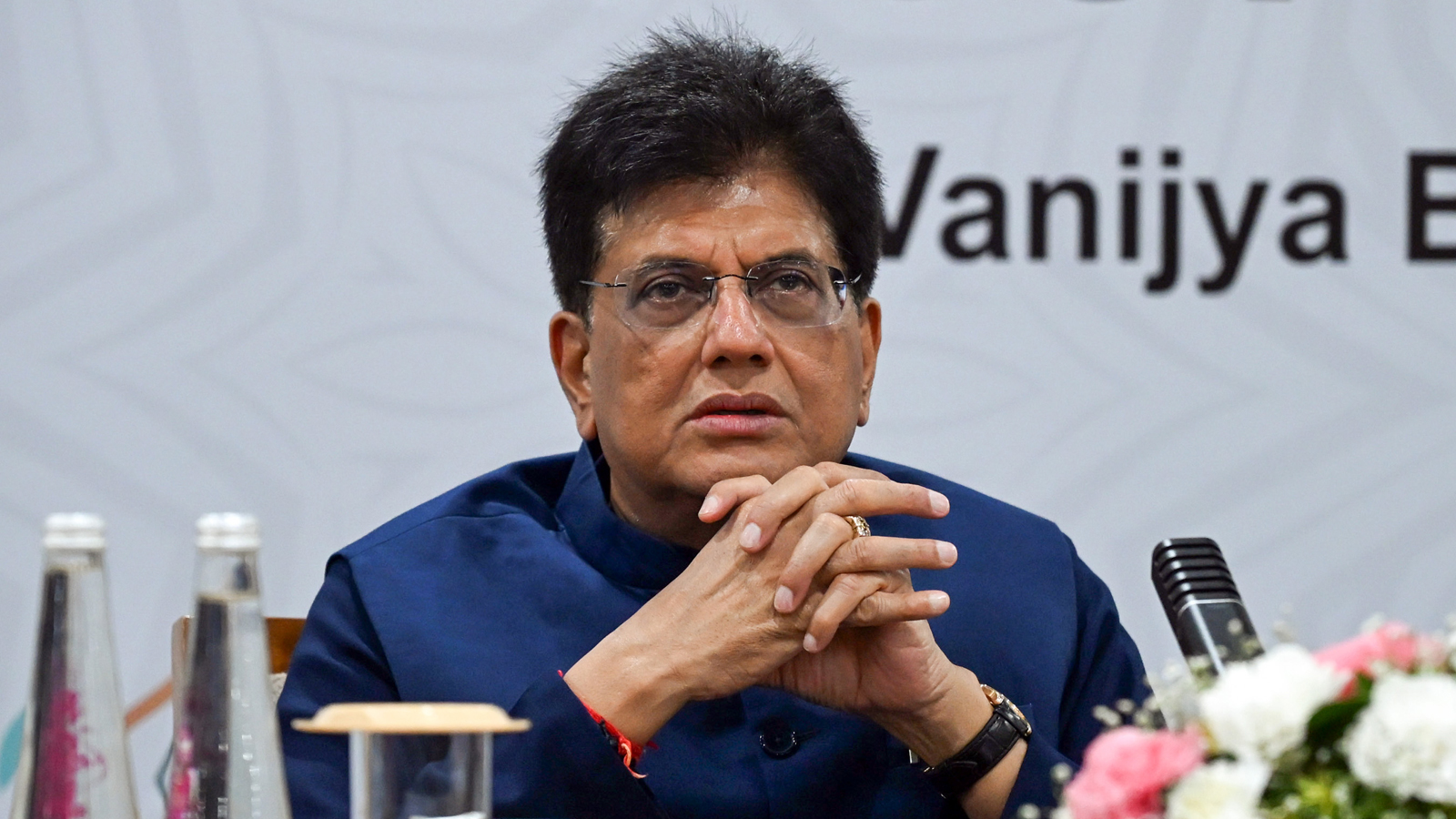Union Minister of Commerce & Industry Piyush Goyal on Tuesday highlighted the Government’s focus on making healthcare more affordable, emphasizing duty cuts and GST reductions aimed at benefiting citizens.
Addressing the 22nd CII Annual Health Summit in New Delhi, Goyal said that reducing GST on health and life insurance from 18% to 0%, along with lowering duties on medical devices, cancer care drugs, and essential medicines, has made healthcare more accessible for citizens.
The Minister stated that the Government is open to further reducing duties on critical medicines and medical products and invited industry suggestions on areas that could benefit from such measures. He underlined the collaborative approach of the Government, medical professionals, and the healthcare sector in strengthening domestic healthcare and promoting India as a preferred destination for medical value tourism.
Goyal also pointed to the success of Jan Aushadhi Kendras, which have crossed the 10,000 mark, providing affordable generic medicines and sanitary products, particularly benefiting rural and economically weaker citizens.
He emphasized that India’s healthcare model must be inclusive, stating that quality healthcare should be available to local citizens alongside promoting international medical tourism. “Good health is the foundation of a thriving society,” he added, reflecting the vision of Prime Minister Narendra Modi for Viksit Bharat by 2047.
Highlighting India’s healthcare growth, Goyal noted that the country now has 23 AIIMS and 706 medical colleges, up from 7 AIIMS and 387 medical colleges in 2014. He said this expansion will help meet the growing demand for doctors and contribute to a world-class medical workforce.
Goyal also cited Ayushman Bharat, under which nearly 700 million people are eligible for free healthcare, and welcomed the extension of free healthcare for senior citizens above 70 years, irrespective of income.
On medical tourism, the Minister encouraged facilitating Visa-on-Arrival and E-Visa facilities for foreign patients and suggested that hospitals could allocate up to 10% of their services to medical tourists while supporting Ayushman Bharat or CSR initiatives.
Noting India’s competitive edge, he said the country offers world-class healthcare at one-third or one-fourth the cost of treatment in developed nations. He urged leading institutions to expand training for nurses and caregivers and explore policies for NRI doctors to contribute to India’s healthcare ecosystem.
Goyal highlighted India’s unique combination of modern medicine, traditional wellness, and compassionate care, advocating for an integrated ‘Heal in India’ initiative that includes Yoga, Ayurveda, meditation, and spiritual tourism to establish India as a holistic wellness destination.
“India has the clinical prowess, wellness heritage, talent, and culture of hospitality—the right combination to make India the number one wellness destination in the world,” he said.










